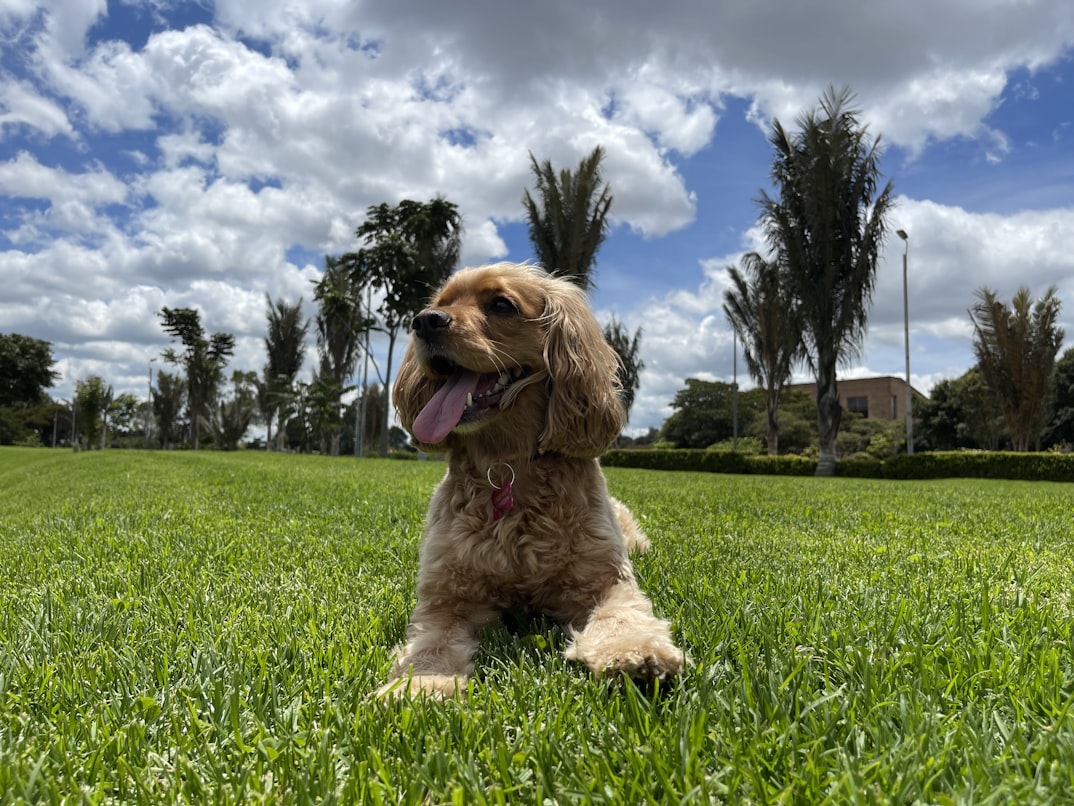
Do Spaniels shed?
Yes, they shed.
How much do Spaniels shed?
In general, spaniels are considered moderate shedders, which means that they shed year-round and the amount of shedding may be significant. Spaniels may shed their undercoat more during the spring and fall, and the shedding may be more noticeable due to the length and thickness of their coat.
What can cause a Spaniels to shed more than normal?
Malnutrition
Skin and coat are two of the first things to suffer when a Spaniels does not get the proper nutrients from dog food. This is because essential nutrients such as omega-3 fatty acids are needed to maintain healthy skin and hair.
If you think your Spaniels diet needs improvement, talk to your vet about the best dog food for your pet. You should choose a balanced, high-quality food that is suitable for the size and age of the puppy. You can also add nutritional supplements to your diet.
If you think your Spaniels’s diet could use an upgrade, talk to your vet about the best dog food for your pet. You’ll want to choose a nutritionally balanced, high-quality food that suits your pup’s size and age. You can also add a supplement to the diet.
Allergies
Pollen, dust, dirt, mold, flea saliva, and food ingredients are just a few of the allergens that can cause a reaction in dogs. The majority of allergies will result in intense scratching and rubbing, which will cause excessive shedding, hair loss, and even bald patches. If you believe an allergy to be the root of your Spaniels shedding, take them to the vet to be checked out.
Parasites
Your dog's shedding may also increase if they have parasitic infestations from fleas, ticks, lice, or mites. You must take your dog to the veterinarian to have an infestation treated. After that, your veterinarian can recommend medications to get rid of the pests and restore your Spaniels coat and general health. Then, to prevent the issue in the future, you can start your dog on a pest preventative.
Stress
Your dog can become anxious, just like you can. They might not be under stress for the same reasons, though. Loud noises, thunderstorms, changes in the environment, the introduction of new pets into the household, separation anxiety, and other factors can all cause stress in dogs. And more shedding is a side effect of stress.
If your dog appears to be stressed out frequently, discuss this with your veterinarian.
Hormonal Changes
Have you recently had your Spaniels spayed or neutered? Are they in heat or pregnant right now? These kinds of changes can lead to hormonal imbalances in your dog's body, which can cause excessive shedding.
Usually, this will go away on its own, but if you're worried, let your vet know. You should rule out any potential medical issues because your dog's hormonal changes could be caused by a gland problem like Cushing's disease.
Tips to manage your Spaniels shedding
1. Brush your Spaniels
Even if you visit a groomer to have your Spaniels hair cut, you'll still need to maintain a regular home brushing schedule to keep your dog's coat in good condition. The majority of dog breeds benefit from daily brushing with an excellent de-shedding tool. With this type of brush, all dead hair is removed and tangles are smoothed out by penetrating your dog's outer coat to the undercoat. Spaniels coat is kept moisturized and healthy by brushing because it helps spread the skin's natural oils throughout it.
2. Bathe your Spaniels
While bathing is a great way to keep the coat clean and preserve the good looks of your Spaniels, it is not necessary to bathe your dog every day. Use only high-quality, specially formulated dog shampoo. You can purchase it from your neighborhood pet store or an online retailer like Amazon. Look for a product that is suited to their sensitive skin if they have that.
For your pet's best coat health, ask your veterinarian how frequently you should be bathing.
3. Feed your Spaniels a healthy diet
You should make sure your dog is eating high-quality dog food that contains the right nutrients for a healthy coat because their diet has a significant impact on the health of their coat.
For an additional nutritional boost, ask your veterinarian for a recommendation and think about including supplements in your dog's diet.